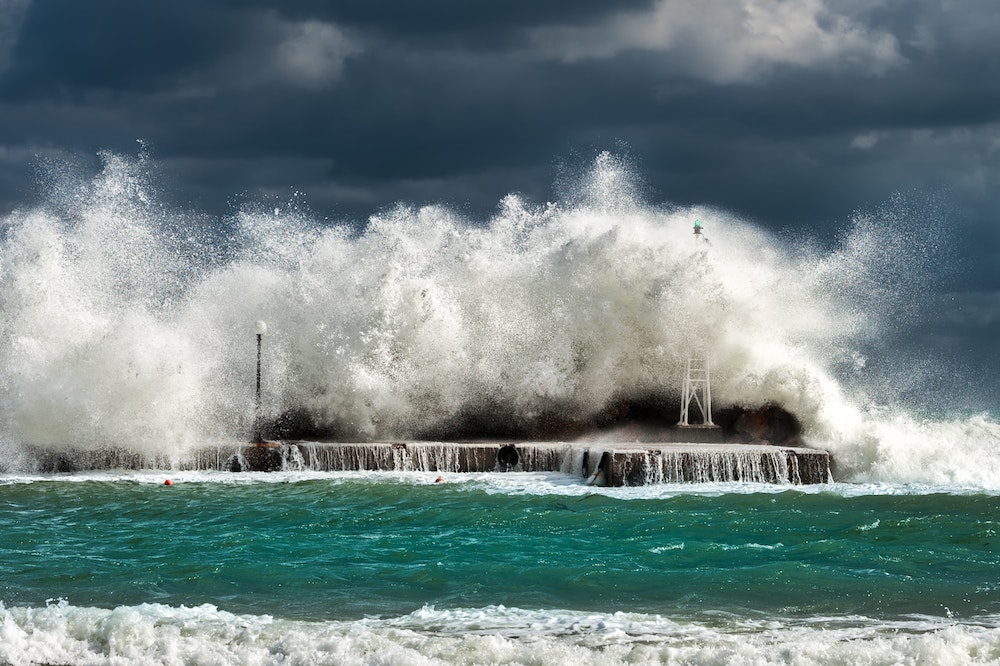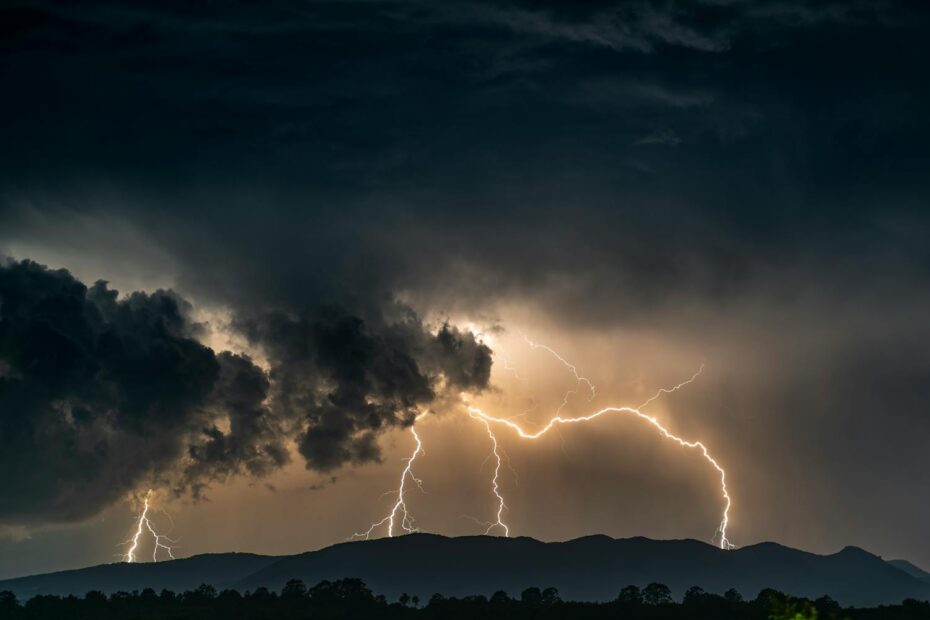Airlines are legally required to compensate passengers under EU261 when flights are delayed, cancelled, or overbooked — but there are key situations where these rules don’t apply. If the disruption is caused by extraordinary circumstances, Norwegian may not be required to issue compensation.
In this guide, we’ll break down what are extraordinary circumstances, when Norwegian is not responsible for paying flight compensation, and how to recognise if your claim has been wrongly rejected.
Check your compensation online.
EU Regulation 261: What Are Extraordinary Circumstances in Air Travel?
Under EU261, extraordinary circumstances are situations beyond the airline’s control — events that could not have been prevented even if the airline had taken all reasonable measures.
When these events occur, airlines are not required to pay EU flight compensation, including flight delay compensation. However, the airline still has a duty of care, which means it must provide meals, refreshments, hotel accommodation, and rebooking when required.
Examples of Extraordinary Circumstances for Flight Delays
Flight schedules can be disrupted for many reasons, and some of them fall into the category of extraordinary circumstances. These are events that airlines cannot predict, prevent, or influence.
The question “What are extraordinary circumstances?” is central to interpreting EU261 and determining airline liability.
Common examples include:
- Severe weather: Extreme weather conditions — such as storms, heavy snowfall, or thick fog — can make flying unsafe and force delays or cancellations.
- Natural disasters: Events like volcanic eruptions, earthquakes, or flooding can severely affect airports and airspace operations.
- Terrorism threats: Potential risks to passengers or crew, including credible threats or security breaches, may lead to disrupted flight operations.
- Security issues at the airport: Problems such as bomb threats or other security concerns can disrupt normal operations and lead to delays.
- Air traffic control restrictions: When air traffic control limits or slows departures and arrivals due to congestion or safety concerns, airlines are obligated to comply. These restrictions are considered extraordinary circumstances.
- Airport staff strikes: Strikes involving airport or air traffic control staff can affect operations and are generally considered extraordinary circumstances.
- Pandemics. Large-scale health crises can lead to travel bans, staff shortages, airport closures, or government-imposed restrictions, all of which are beyond the airline’s control.
What Doesn’t Count as Extraordinary Circumstances
We have listed what are extraordinary circumstances. But now let’s discuss what isn’t.
The following situations are not considered extraordinary:
- Technical problems — mechanical faults, wear and tear, or routine maintenance issues
- Crew shortages — when the airline fails to schedule enough pilots or cabin crew
- Operational errors — such as poor planning or scheduling mistakes
- Airline staff strikes — when delays or cancellations are caused by the airline’s own employees
In all of these cases, Norwegian is responsible under EU261 and must pay compensation if your flight is delayed by 3 hours or more, cancelled on short notice, or you are denied boarding.
Airlines often claim that a disruption was caused by “extraordinary circumstances” even when it wasn’t. This is a common tactic used to avoid paying compensation, as delays within the airline’s control would otherwise require them to compensate passengers under EU261/UK261.
To challenge the airline’s claim, ask for written proof, check independent sources, and escalate your case to the EU enforcement bodies if needed. You can also pursue ADR or legal action if the airline continues to deny your rightful compensation.

Check your compensation online.
Extraordinary Circumstances and Flight Compensation Eligibility
If your flight delay or cancellation is caused by one of these extraordinary circumstances, the airline is typically not obliged to compensate you financially. For instance, delays caused by storms or volcanic ash clouds do not qualify for compensation.
However, airlines must still explain the cause of the disruption and offer care.
Your Right to Care During Extraordinary Circumstances
Even when a delay happens due to extraordinary circumstances, passengers still have important rights — particularly the right to care.
If you experience a delay of 3 hours or longer, the airline must provide:
- Free meals and refreshments
- Two free communications, such as phone calls or emails
- Accommodation and transport to/from the hotel if the delay stretches overnight
These protections ensure that passengers are supported while they wait for updated travel arrangements, regardless of the reason behind the disruption.
Right to a Refund or a New Flight
What should you do if your flight is disrupted — delayed or cancelled — because of extraordinary circumstances?
Typically, the airline will notify you by email or SMS with details about the situation and instructions on what to do next. If your Norwegian flight is delayed, it will usually state the expected duration of the delay and the time you should be at the airport.
What to do if your flight is cancelled? If your flight is cancelled, the message will explain your rerouting or refund options. If your flight is cancelled, you can choose a full refund or an alternative flight.
It doesn’t matter why or when your flight was cancelled. You have these rights in all situations.
Are Airport Strikes Considered Extraordinary Circumstances?
The answer depends on who is striking:
- Airline staff strikes (e.g., Norwegian employee strike) are not considered extraordinary circumstances. In these cases, EU flight compensation may be owed.
- Airport staff or air traffic control strikes are considered extraordinary circumstances, meaning passengers would not receive compensation.
Technical Problems Are Not Extraordinary Circumstances!
Technical faults that cause delays or cancellations do not qualify as extraordinary circumstances. Mechanical issues, equipment failures, and routine maintenance are considered the airline’s responsibility.
If your flight is disrupted due to technical problems, you may be entitled to compensation — unlike delays caused by weather or natural disasters, which fall outside the airline’s control.
Being aware of this distinction can help ensure you receive compensation when you’re owed it.
What are extraordinary circumstances? These are events outside of the airline’s control. Flight compensation is not due in these situations.
Featured photo by Hunt on Photos Studio from Pexels
